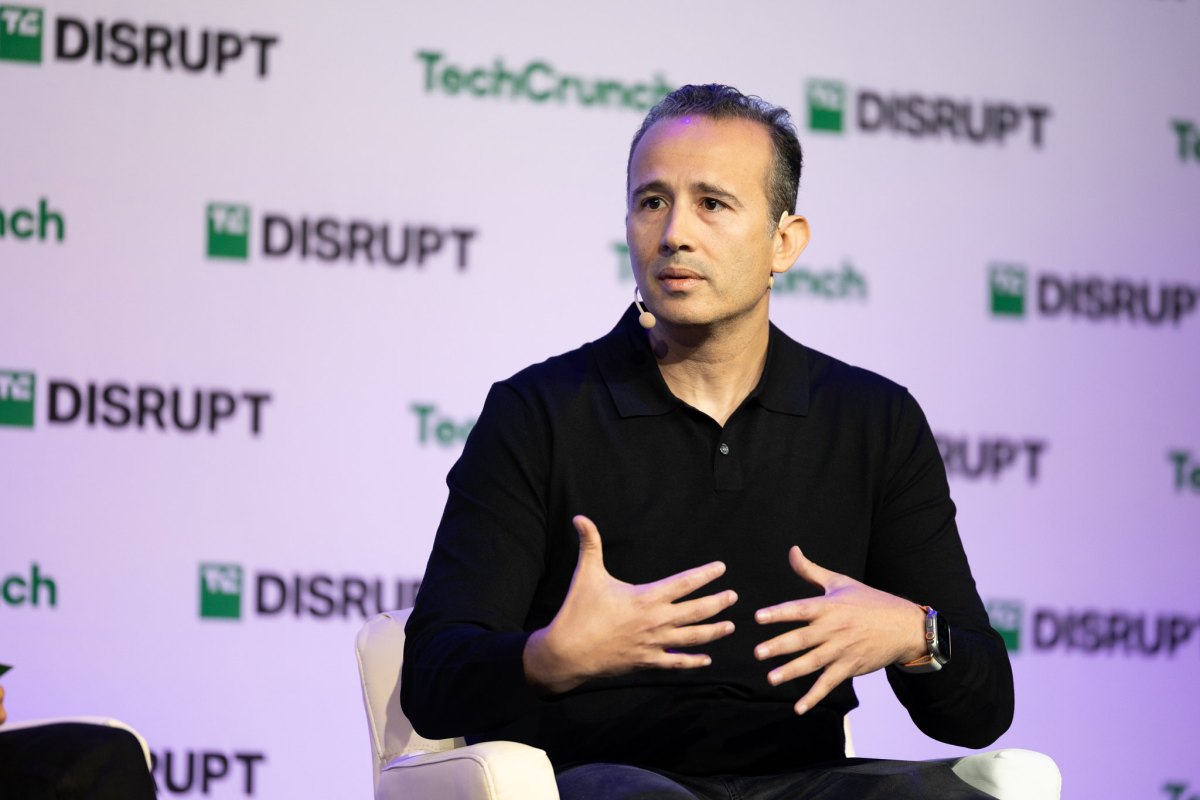Rivian and Volkswagen Group have finalized a multi-billion-dollar joint venture to develop software, paving the way to let the German auto giant leverage the EV startup’s more technical chops in the coming years. Volkswagen will invest up to $5.8 billion by 2027, about 16% more than when the deal was first announced in June.
Volkswagen Group has already made an initial investment of $1 billion in the form of a convertible note.
The new joint venture — Rivian and Volkswagen Group Technologies — will officially kick off November 13 as an independent company. And, if successful, it could be a boon for both companies. Rivian gets a needed injection of capital and the opportunity to diversify its business, while VW Group gains a next-generation electrical architecture and software for EVs that will help it better compete. Both companies argue the joint venture will reduce development costs and help scale new technologies more quickly.
The companies designed the joint venture as a 50-50 partnership with co-CEOs, who will report into both Rivian and Volkswagen Group. Rivian’s head of software Wassym Bensaid and Carsten Helbing, who is chief technical engineer at Volkswagen Group, will lead the joint venture. Developers and software engineers from both companies will join the joint venture, according to Rivian and VW. The team will be based initially in Palo Alto, California. Three other sites are in development in North America and Europe, the companies said Tuesday.
VW, and more specifically its software arm Cariad, has struggled in recent years to deliver what some in the industry have dubbed a “software-defined vehicle.” This jargon industry term, sometimes abbreviated SDV, means any car, truck or SUV with capabilities that can be upgraded over time (or even new functions added) via software. Automakers view these so-called software-defined vehicles as a new way to make money via in-car entertainment and services; it’s also seen essential for automakers aiming to compete with Tesla.
Earlier this year, Rivian started producing the next-generation of its R1T pickup truck and R1S SUV, an upgrade that reworked the guts of its vehicles, including a new electrical architecture and compute platform. That new electrical architecture is seen internally as a key innovation at Rivian and one that allows the company to wirelessly update software.
With the Rivian-VW joint venture steering software development for the German automaker’s next-generation of EVs, Cariad’s future is uncertain. VW Group CEO Oliver Blume said Tuesday that Cariad will continue to play a “central role” in its global software strategy at Volkswagen Group, adding the software arm will be responsible for the existing software platform in today’s vehicles over the next decade. Cariad is also in charge of software governance, which covers autonomous driving, data management and cloud services.
Prior to the initial June announcement, Cariad had hired at least 23 of Rivian’s top employees over the past several months to bolster its Silicon Valley outpost called the SDV Hub. The SDV hub is ground zero for Cariad’s next-generation software architecture known as “software 2.0.”
Now, Rivian will contribute even more talent towards the joint venture. “Rivian will be contributing a significant portion of the team,” Rivian founder and CEO RJ Scaringe said during a press conference Tuesday afternoon.
The JV team plans to use the existing Rivian electrical architecture and software technology stack to enable the launch of Rivian’s R2 midsize SUV in the first half of 2026 and support the expected launch of the first models from the Volkswagen Group as early as 2027, the companies said.
Last month at Disrupt 2024, Bensaid described the joint venture as an opportunity for Rivian to bring its software to multiple brands, including the VW spinoff Scout. He said each brand that uses the joint venture’s software will “continue to have their own identity,” as well as “their own features.”
“We’re enabling competition,” Bensaid said at the time.
Scout has since confirmed that its vehicles will be among the first to use the new zonal architecture built by the Volkswagen Group-Rivian joint venture.

